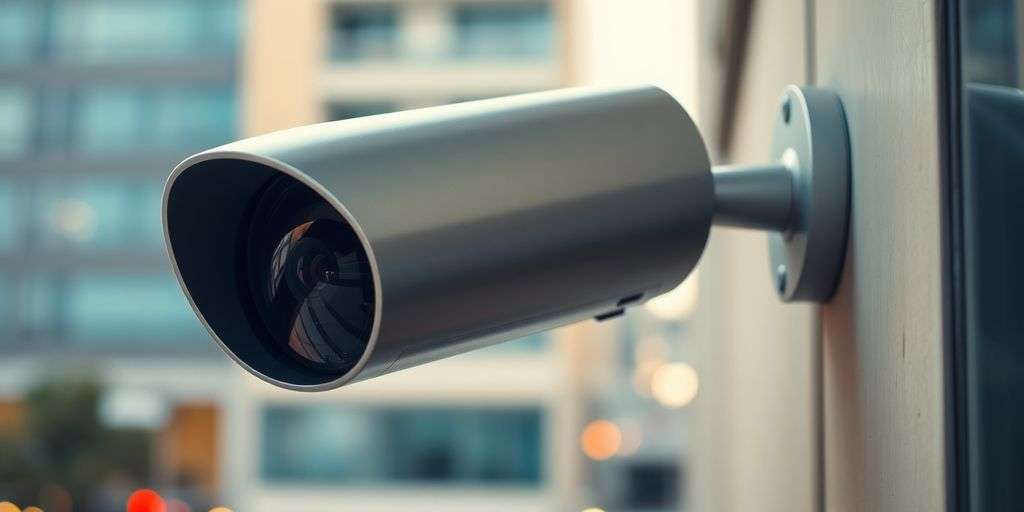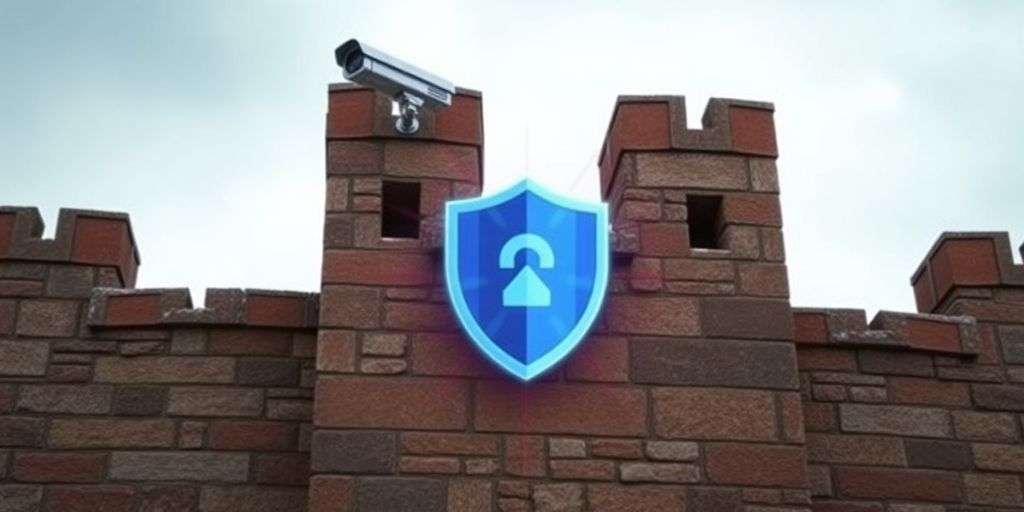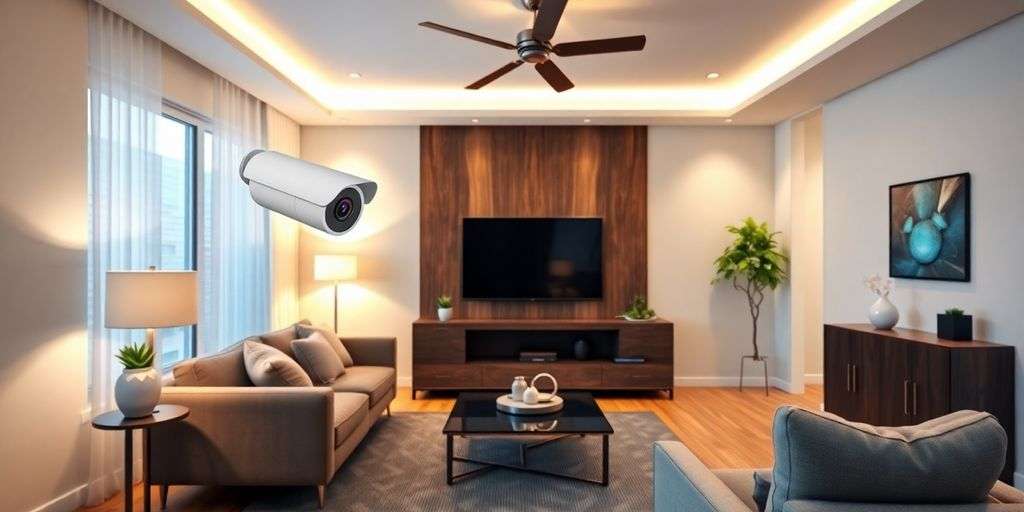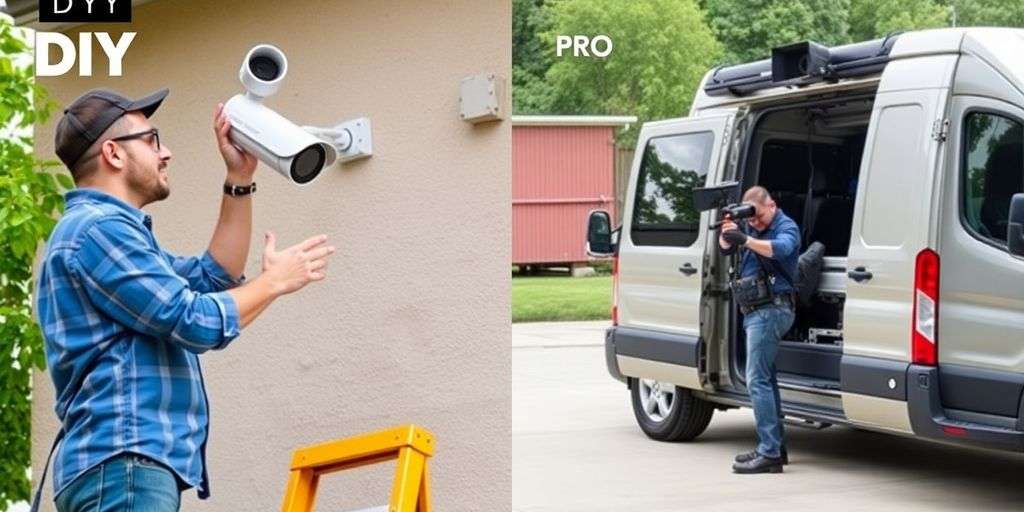Understanding CCTV Legal Compliance
Key Legislation Governing CCTV Use
CCTV systems are subject to various laws that ensure they are used responsibly. Understanding these laws is crucial for compliance. Key legislation includes:
- The Data Protection Act, which regulates how personal data is handled.
- The Protection of Personal Information Act (POPIA), which sets out the rights of individuals regarding their personal information.
- Local laws that may impose additional requirements on CCTV usage.
The Role of the Data Protection Act
The Data Protection Act plays a vital role in CCTV operations. It mandates that:
- CCTV must only be used for legitimate purposes, such as security.
- Individuals must be informed about the presence of cameras.
- Footage must be stored securely and accessed only by authorised personnel.
Impact of the Protection of Personal Information Act (POPIA)
POPIA further enhances privacy protections. It requires:
- Clear communication about how footage will be used.
- Consent for recording in private areas.
- Regular assessments to ensure compliance with privacy standards.
The balance between security and privacy is essential. CCTV should enhance safety without infringing on individual rights.
Best Practises for CCTV Installation

Respecting Neighbour Privacy
When installing CCTV, it is crucial to respect the privacy of your neighbours. Ensure that your cameras are not directed towards their properties. Here are some key points to consider:
- Avoid pointing cameras at areas where people expect privacy, such as gardens or windows.
- Inform your neighbours about the installation of CCTV systems to maintain transparency.
- Use common sense when deciding the placement of cameras to prevent any potential disputes.
Proper Placement of Cameras
The placement of cameras is vital for effective monitoring while adhering to legal standards. Consider the following:
- Justifiable Purpose: Ensure cameras are installed for legitimate security reasons only.
- Avoid Private Areas: Do not install cameras in places like bathrooms or changing rooms.
- Clear Angling: Position cameras to monitor your property without intruding on others’ privacy.
Notification and Signage Requirements
It is important to inform individuals about the presence of CCTV cameras. This can be achieved through:
- Visible Signage: Place signs in clear view to notify people that they are being recorded.
- Written Communication: If using CCTV in a workplace, inform employees through written notices.
- Regular Updates: Keep your neighbours informed about any changes to the CCTV system.
By following these best practises, you can ensure that your CCTV installation is both effective and compliant with legal requirements.
CCTV in the Workplace
Employee Privacy Rights
In the workplace, employee privacy is paramount. Employers must ensure that the use of CCTV does not infringe on the personal rights of their staff. Employees should be made aware of the presence of cameras, and their consent should be sought where necessary. It is crucial to respect areas where individuals have a reasonable expectation of privacy, such as restrooms or changing rooms.
Legal Requirements for Employers
Employers are required to follow specific legal guidelines when installing CCTV systems. Here are some key points to consider:
- Justifiable Purpose: CCTV should only be used for legitimate reasons, such as security and safety.
- Notification: Employees must be informed about the presence of cameras through clear signage.
- Data Protection: Footage must be securely stored and only accessible to authorised personnel.
Handling and Storage of Footage
Proper management of CCTV footage is essential. Employers should adhere to the following practises:
- Retention Period: Establish a clear timeframe for how long footage will be kept.
- Access Control: Limit access to footage to designated individuals only.
- Regular Audits: Conduct periodic checks to ensure compliance with legal standards.
It is vital for employers to understand that failing to inform employees about surveillance can lead to legal complications and undermine trust within the workplace.
Addressing Common Legal Concerns
Dealing with Neighbour Disputes
When it comes to CCTV cameras, disputes with neighbours can arise. It is essential to maintain good relations and avoid potential legal issues. Here are some guidelines:
- Respect Neighbours: Ensure your camera does not capture your neighbour’s property.
- Common Sense Placement: Inform your neighbours about your CCTV system and ensure it only monitors your property.
- Avoid Privacy Areas: Do not point cameras at areas where people expect privacy, like bedrooms or bathrooms.
Responding to Privacy Complaints
If a neighbour raises concerns about your CCTV usage, it is crucial to address them promptly. Here are steps to consider:
- Listen to Concerns: Take their complaints seriously and engage in a dialogue.
- Reassess Camera Angles: If necessary, adjust the camera to ensure it does not infringe on their privacy.
- Provide Information: Explain the purpose of your CCTV system and how it operates.
Legal Recourse for Misuse of CCTV
In cases where CCTV is misused, there are legal avenues available:
- Report to Authorities: If you believe your privacy is being violated, report the issue to local authorities.
- Seek Mediation: Consider mediation to resolve disputes amicably.
- Legal Action: As a last resort, you may pursue legal action if the situation does not improve.
Remember, open communication with neighbours can often prevent misunderstandings and legal issues. Keeping your CCTV system within legal boundaries is not just about compliance; it’s about fostering a respectful community.
Final Thoughts on CCTV Installation
In conclusion, understanding the laws around CCTV installation is crucial for everyone. While these cameras can help keep your property safe, it’s important to respect the privacy of others. Always inform your neighbours about your CCTV system and ensure that your cameras are only watching your own space. By following these simple rules, you can enjoy the benefits of CCTV without causing any issues with those around you. Remember, being considerate goes a long way in maintaining good relationships!
Frequently Asked Questions
What are the main laws I need to know about CCTV installation?
The key laws include the Data Protection Act and the Protection of Personal Information Act (POPIA). These regulations guide how CCTV should be used, ensuring individual privacy is respected.
Can I install CCTV cameras that record my neighbour’s property?
No, you should not angle your cameras to capture your neighbour’s property. Doing so can lead to privacy complaints and legal issues.
What should I do if I receive a complaint about my CCTV system?
If you get a complaint, it’s important to assess your camera placement and ensure it respects your neighbour’s privacy. You might need to adjust the camera or discuss the issue with them.





